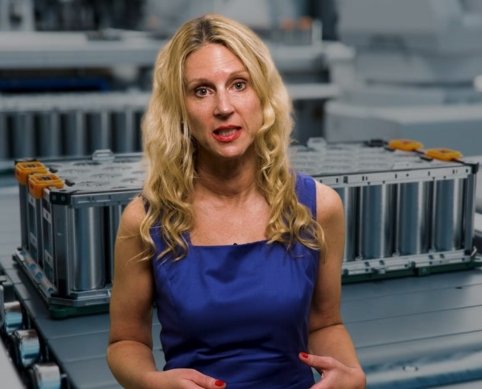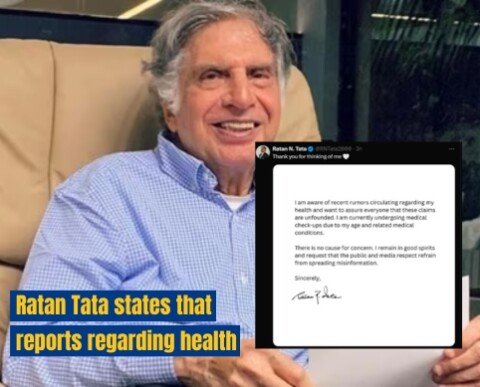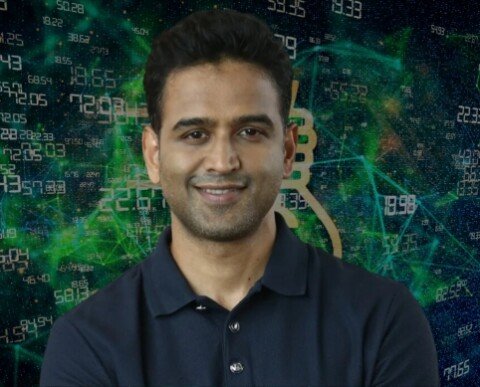Scientists around the globe are working diligently to refine cathode chemistries for electric vehicle (EV) batteries—experimenting with various minerals to discover the most viable, cost-effective, and safe alternatives that can deliver the highest energy density at a scale suitable for mass production.
Currently, the most common cathode chemistries in lithium-ion batteries include lithium-iron-phosphate (LFP), nickel-cobalt-manganese (NCM), and lithium-nickel cobalt aluminum oxide (NCA). However, Pure Lithium (PL), a privately held startup based in Boston, claims to have developed a unique lithium metal battery that replaces nickel and cobalt with vanadium.
The company asserts that it can produce lithium batteries from scratch in under 48 hours, progressing “from brine to battery.”
“We’ve sourced lithium from four different continents and converted it into a pure metal electrode,” co-founder and CEO Emilie Bodoin told MINING.com in an interview. “We’re flexible about the lithium source because our technology and final product differ significantly from what others are doing.”
In July, Pure Lithium was honored with the Coup de Coeur Award at the World Materials Forum for its cutting-edge battery-ready lithium metal electrode, and it also secured the Best New Project Award at Fastmarkets, standing out among more established competitors.
Bodoin noted that Occidental’s subsidiary, TerraLithium, invested $15 million through a joint venture with Berkshire Hathaway. Furthermore, Canadian firm E3 Lithium has been providing the company with concentrate for the last two years.
Vanadium—the game changer
Vanadium is the PL’s chemical disruptor, according to Bodoin.
The company uses a vanadium oxide cathode, created by Nobel Prize laureate Stan Whittingham, a significant figure in the development of Li-ion batteries, in conjunction with its lithium metal anode.
According to Bodoin, one of the company’s 73 pending patents is a joint patent application with Professor Whittingham, who conducted the testing to show the improved safety profile.
We’re employing it because it’s effective. It’s an easy idea to grasp. We’re doing something really unique compared to other companies,” Bodoin remarked.
Vanadium is a naturally occurring mineral that is found in many uranium mines. It is not as well-known as nickel, but it is more common in North America and easily accessible in the US, which helps to clear supply chain bottlenecks.
There are ongoing projects in Nevada. Nevada Vanadium, the owner of the Gibellini vanadium project, finished the federal permission process for what may be the first primary vanadium mine in the US last year. Nevada Vanadium amalgamated with Flying Nickel Mining in August.
In addition, at its White Mesa Mill in Utah, US uranium company Energy Fuels produces high-purity vanadium at commercial volume.
Vanadium, which isn’t talked about much, is going to be the new cathode chemistry. For lithium metal, it’s practically ideal. It also holds two lithium for every one vanadium and doesn’t emit oxygen. It is superior to LFP since the material is so temperature-stable. Bodoin declared, “It’s superior to everything.”
We are dealing with a chunk of lithium that is extremely pure and smooth. Thus, the largest issue with the battery has been significantly reduced in terms of expense, processing, and travel.
Scaling up the Boston manufacturing facility
PL is expanding its Boston facility to ramp up production, and Bodoin stated that the company will continue to showcase its process of going from brine to battery. This involves taking E3’s lithium concentrate, converting it into electrodes, and manufacturing the battery all within the same facility, which they expect to have operational in the next 12 to 16 months.
“We’ve successfully produced our batteries using lithium sourced from four different continents, demonstrating that we have a highly resilient production system,” Bodoin remarked. “The battery must be affordable; otherwise, no one will want to purchase it.”
With over 12 years of experience in the battery industry, the CEO remains optimistic about the future in this highly competitive market.
“I am producing a whole battery and all of its components, so if your DLE company is on Shark Tank with me, you cannot compete with me. You will therefore just not succeed.






